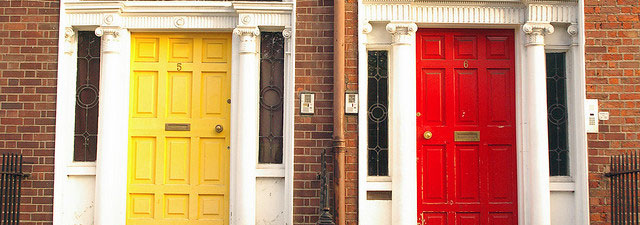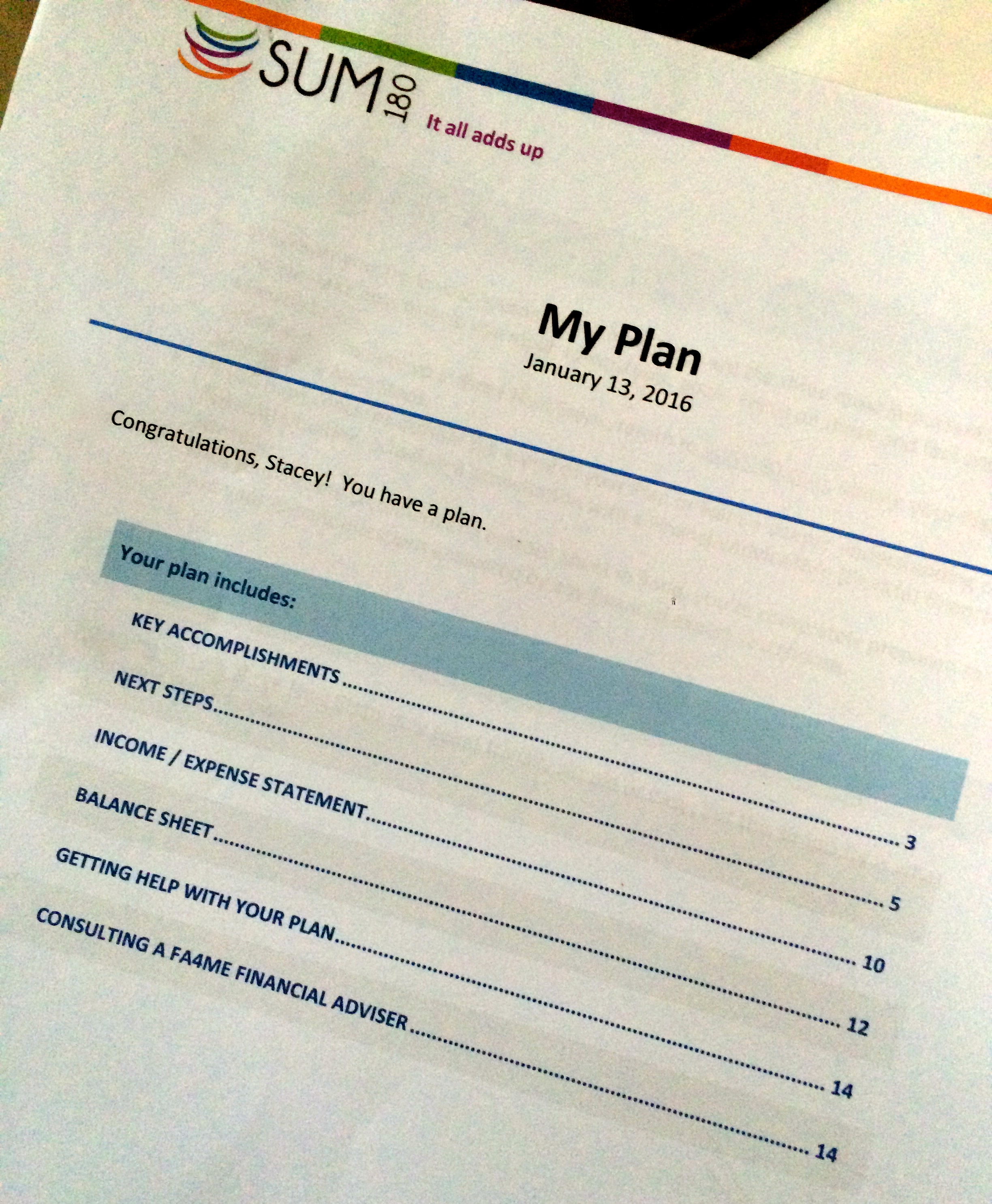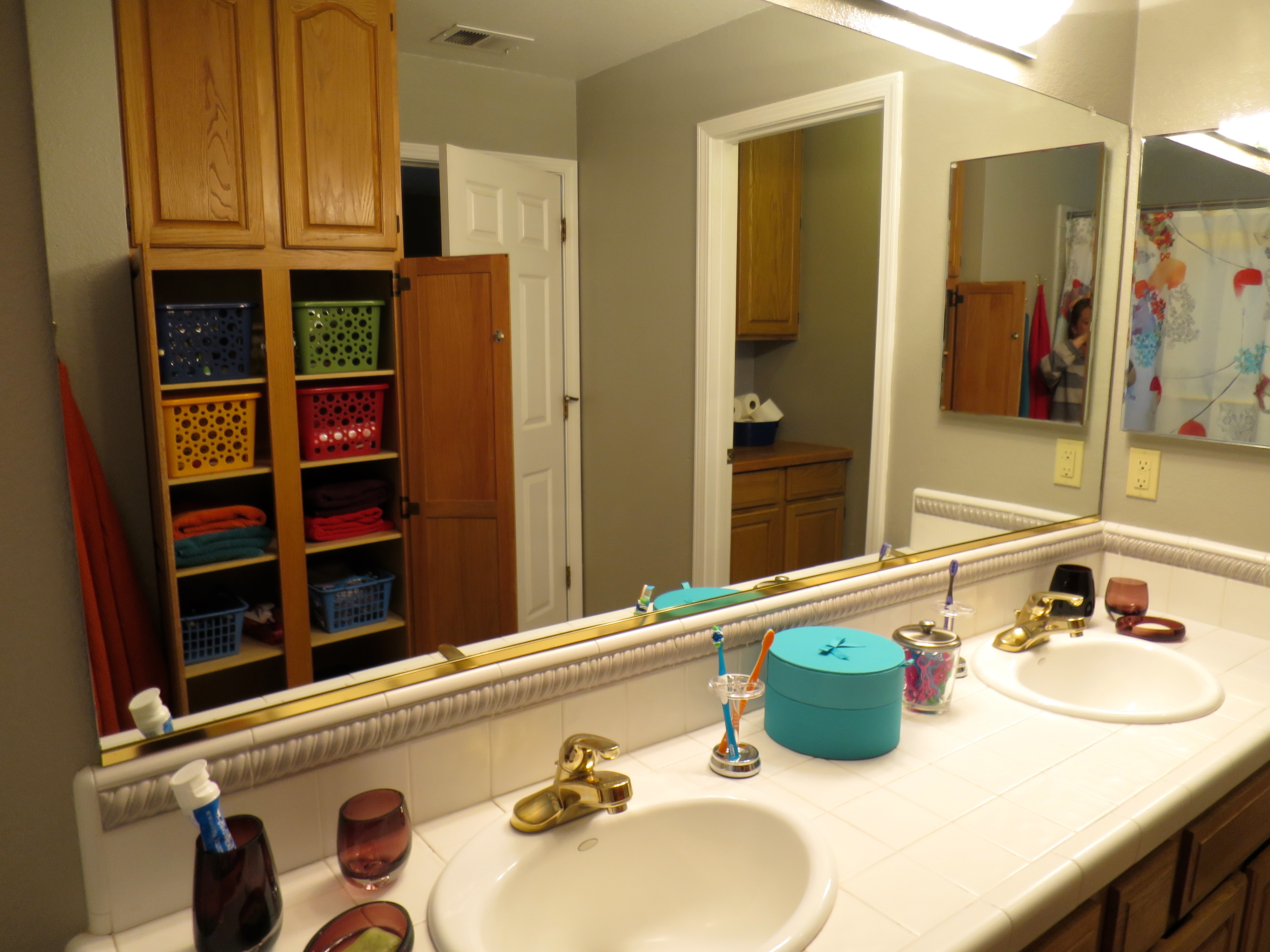I am a huge goal setter. I always have been. In high school (many years ago) I wrote in my journal a list of activities I wanted to do/achieve in my lifetime. Essentially, I wrote a bucket list at age fifteen – long before I had ever heard the term bucket list. I am someone who is always actively working towards a target. Setting up a plan is a topic I will talk about another day.
Goal setting is a skill, and over the years I have learned how to move an item from the bucket list to an actual goal. I have learned how to chunk the goal into smaller pieces and develop a plan that will help me achieve success. I know how to work the plan. It takes dedication and consistency. Some days I am better with those traits than others. However, all of this is just part of the process.
Goals: What’s the Cost?
However, developing the plan is not the first step. The very first step in goal setting starts with considering the opportunity cost.
Huh? Opportunity cost? What is that?
I believe that many people start out with the best of intentions, they know how to set up the plan, and they begin working that plan in earnest. It is only when people start to realize how much they are losing/giving up that they begin to falter in reaching their goal. For some, the cost becomes too high, and they abandon the goal altogether. Sometimes reaching a goal takes more out of us than we thought it would. It’s not that we don’t want it, or that we are not willing to work for it. But most likely, the whole picture was not truly considered.
That is why I believe that considering opportunity cost is so important. It is vital to consider the opportunity cost before you set that goal on paper. You probably have something that you want for yourself or for your future. You know the big picture that you are going for. You can see yourself crossing the finish line of a race, you can imagine relaxing at the beach on your vacation, you can smell the scent of your new car. You have the goal. You know what you want. The question is are you really ready to make the choices needed in order to get there?
That brings me to opportunity cost. In traditional economic terms opportunity cost is the cost of the alternative that must be forgone in order to pursue a certain action. In layman terms, it is the choice you give up by making a decision. When you say “yes” to something, you are saying “no” to something else.
In goal setting we need to really decide are you ready to say no? Are you ready to make the necessary sacrifices?
Let’s say you are cruising along feeling good about losing weight, and someone offers you dessert. Are you ready to say no? You have a long run scheduled for Saturday morning, and your friends are headed out for a TGIF happy hour. Are you prepared to say no? Now I’m not saying it is always one way or another, there are ways to find balance. But the bottom line is in every choice you make, you are choosing to say no to something else.
I am considering training for a long swim. But before I commit myself and pay out the registration fee, I need to think about the time commitment. For every hour I sink into training, I am not doing something else. Yes, I will gain a lot – increased fitness, weight loss, a huge sense of accomplishment, and the joy of achieving something I have thought about for years. But in this process I will also be giving up.
So before I commit to my next endeavor, before I make out my training schedule, I am considering the opportunity cost.
What are your opportunity costs? Are you ready to make the choice?













